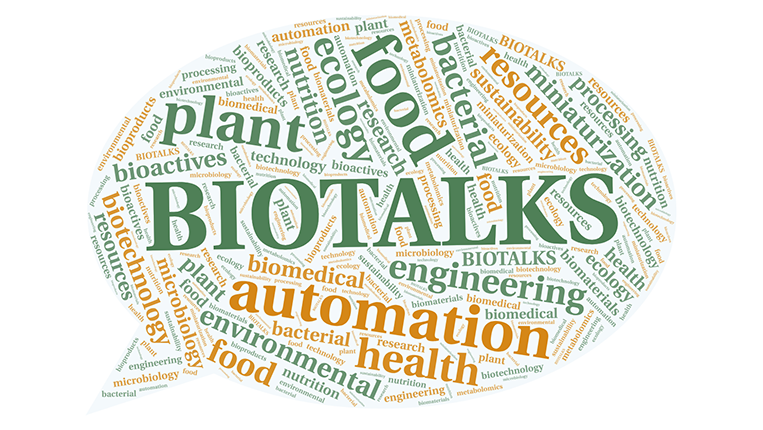Objectives and competences
Objectives and competences:
Increase awareness to the importance of food in health, which involves the application of science and art of nutrition, helping people in the selection and the acquisition of food with the main purpose of nourishing in the health or in the disease.
In the domain of knowledge, the student must:
- Know dietary recommendations and methodological grounds;
- Characterize different eating patterns;
- Recognize the proper nutrition as an integral part of health promotion and disease prevention, and that mortality and morbidity can be reduced through the manipulation of nutritional factors during the life cycle and in particular physiological situations;
Results expected:
It is expected that students acquire a global view of issues related to food and nutrition and learn to recognize the application of this knowledge in other subjects of their curricula, or in other situations involving Nutrition
Teaching Methodologies
The course is organized in lectures and theorical practical classes.
Lectures and theorical-practical classes are presented via power-point, CD-ROM and video. A space is created for the student to participate in a dynamic and interactive way to clarify issues or debate the issues at stake.
In theorical-practical classes, specific practical assignments related to the studid themes are requested for further discussion. Students are encouraged to do Internet searches in databases as support for the completion of the proposed works.
The course is taught with the help of e-learning platform, Blackboard.
Syllabus
Lectures
- Healthy Eating: Definition. Characteristics of nutritional balance. Main relationship between energy and nutrients. Recommended dietary intakes.
- Mediterranean Diet: history, basic food, nutritional characteristics and health benefits.
- Dietary patterns in westernized societies: nutritional characteristics and relation with binomial health/ disease. Classical examples of diseases associated with this dietary pattern: obesity, cardiovascular diseases and cancer.
Practicals
- Vegetarian Diet: Nutritional characteristics of vegetarian diets. Vegetarianism versus omnivorous diet. Vegetarian food guide. Vegetarian diet in the life cycle.
- Other dietary patterns: Main types and characteristics of hyperproteic diets. Pros and cons of using these diets for weight loss. Relationship between popular diets and health.
- Deficiencies of intestinal enzymes - lactase deficiency: concept, types of disability, worldwide prevalence, pathophysiology, symptoms and treatment. Main differences between lactose intolerance and allergy to milk proteins.
- Celiac disease: definition, clinical manifestations, prevalence and treatment. Guide prohibited and permitted foods.
- Nutrition and caffeine: digestive and metabolic aspects of caffeine. Benefits of moderate caffeine consumption and risks associated to the abuse.
- Nutrition and Alcohol: digestive and metabolic aspects of alcohol. Benefits of moderate alcohol consumption and risks associated to the abuse.
- Proposal to carry out monographs for presentation and discussion.





